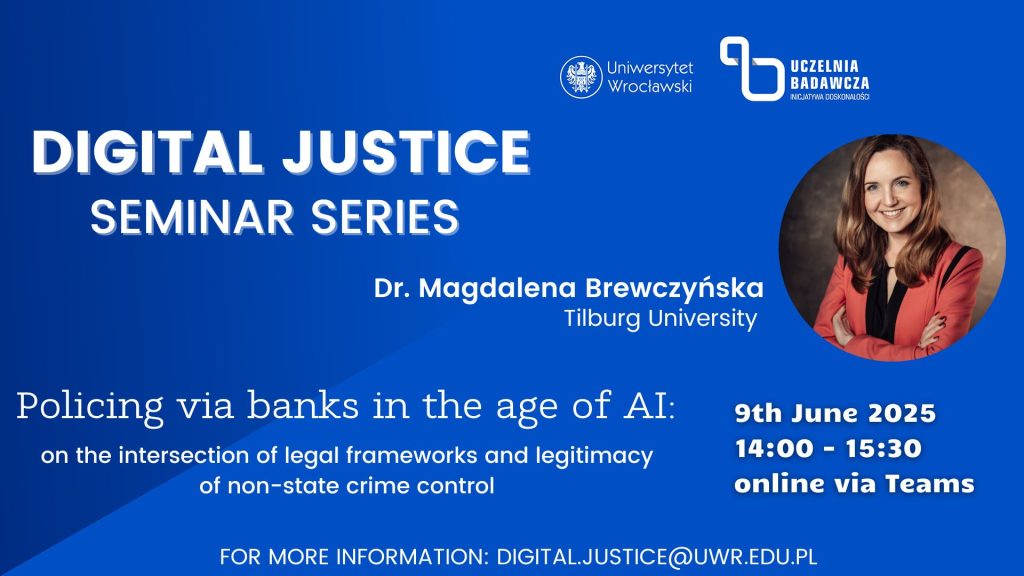
Policing via banks in the age of AI
![]() Over recent decades, states have increasingly deputised private companies to support crime control. The Anti-Money Laundering and Countering the Financing of Terrorism (AML/CFT) system exemplifies this shift, with banks monitoring transactions and forming public-private partnerships to enhance investigatory capabilities. Leveraging AI, banks can now analyse vast amounts of financial data in real-time, flagging transactions deemed suspicious. While the technological advancements are subtly transforming financial institutions into extensions of states’ regulatory and surveillance apparatuses, the EU legislator endorses the rise of such public-private network of power by creating ever new data sharing channels.
Over recent decades, states have increasingly deputised private companies to support crime control. The Anti-Money Laundering and Countering the Financing of Terrorism (AML/CFT) system exemplifies this shift, with banks monitoring transactions and forming public-private partnerships to enhance investigatory capabilities. Leveraging AI, banks can now analyse vast amounts of financial data in real-time, flagging transactions deemed suspicious. While the technological advancements are subtly transforming financial institutions into extensions of states’ regulatory and surveillance apparatuses, the EU legislator endorses the rise of such public-private network of power by creating ever new data sharing channels.
In her presentation, Magdalena sketched out the complexities of the intersection of the AML/CFT, data protection and AI legal frameworks and critically reflect on the problem of the legitimacy of the “legally” sound practices of data sharing and deployment of AI systems.
![]() Dr. Magdalena Brewczyńska is a postdoctoral researcher at the Tilburg Institute for Law, Technology and Society (TILT) at Tilburg University’s Law School in the Netherlands. Her research focuses on the interplay of human rights, especially privacy, data protection, new technologies, including AI, and anti-money laundering (AML). Magdalena holds an LL.M. in Law & Technology and a PhD from Tilburg University and a Master’s degree in law from Jagiellonian University in Poland.
Dr. Magdalena Brewczyńska is a postdoctoral researcher at the Tilburg Institute for Law, Technology and Society (TILT) at Tilburg University’s Law School in the Netherlands. Her research focuses on the interplay of human rights, especially privacy, data protection, new technologies, including AI, and anti-money laundering (AML). Magdalena holds an LL.M. in Law & Technology and a PhD from Tilburg University and a Master’s degree in law from Jagiellonian University in Poland.
See more: https://www.tilburguniversity.edu/staff/m-m-brewczynska

